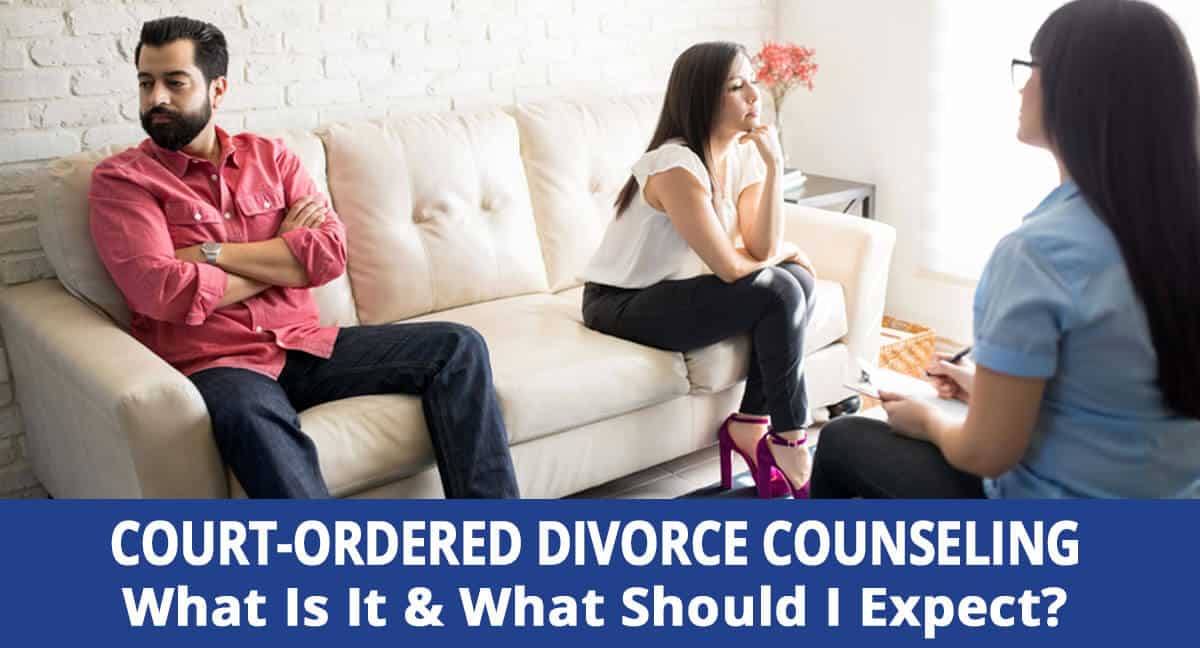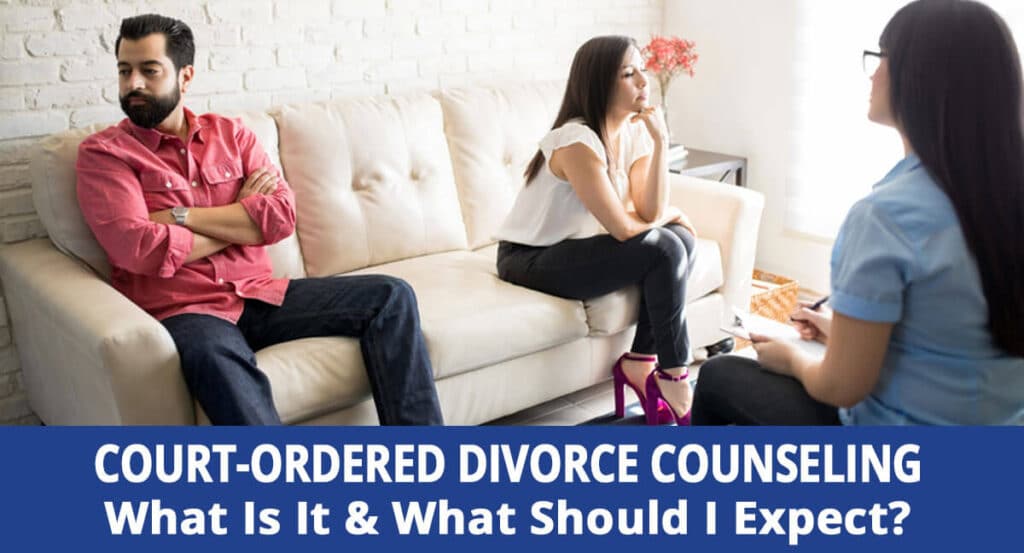What to Expect During Court-Ordered Divorce Counseling

If you’re pursuing a divorce on Long Island, you may be ordered by a Nassau or Suffolk County court to attend divorce counseling. Here’s what you should expect from mandatory divorce counseling and how you can get help with separation, child custody, support, and other critical family legal matters.
What Is Divorce Counseling?
When you hear the term “divorce counseling,” you may think of marriage counseling with the goal of avoiding divorce. However, this isn’t an entirely accurate description. Divorce counseling is a specific type of therapy that helps couples process complex emotions about the dissolution of their marriage and related issues.
It’s not uncommon for contentious and complex divorces to last one to two years, or even longer. During this time, a couple can attend divorce counseling to manage feelings of anger, resentment, hurt, and betrayal that may be contributing to a contentious divorce. Ideally, this better equips the couple to resolve the matters complicating the split.
Why Is Some Divorce Counseling Mandatory?
Although not required under New York state law, some judges do choose to order a couple to undergo divorce counseling prior to signing the final divorce decree. If a judge believes that divorce counseling will aid the process of dissolving the marriage or create a more amicable environment in which divorce mediation can take place, they may issue an order for the couple to complete a certain number of counseling sessions before the divorce will be granted.
A judge can order marriage counseling in the same way; if they sense the potential for reconciliation and believe it to be beneficial for the couple, the judge can mandate counseling for a specified period of time prior to finalizing the divorce.
What Can I Expect When I Attend Mandatory Counseling?
Court-ordered divorce counseling is similar in nature to any other type of counseling in a therapeutic setting. You’ll see a qualified counselor or therapist for the ordered amount of time, both with and without your ex-spouse. During counseling, you may be asked to:
- Discuss your feelings about various aspects of the divorce. Your counselor will ask basic questions about your marriage, what may have happened to cause the split, and how you feel about it. Be prepared to dig deeper into your emotions about dissolving your marriage and communicating them to your therapist and ex-spouse.
- Complete therapeutic exercises in the office and at home. You may be required to complete various therapeutic activities in and out of the office beyond just holding an open dialogue. This could include journaling, worksheets, affirmations, habit-building exercises, and other activities designed to help you process emotions outside the box.
- Listen to what your ex-spouse has to say regarding their feelings about the divorce. The counselor will give equal time to your soon to be ex-spouse to discuss their feelings about the divorce and related matters like child custody or alimony. Be prepared to listen openly and honestly during this time, as your ex-spouse should also be doing when the floor is yours.
- Develop realistic goals for counseling that both you and your ex-spouse can meet. The ultimate goal of divorce counseling is to finalize the divorce with agreeable terms for both parties, however, this may not be achievable in the court-ordered allotment of time. At the beginning of therapy, you should work with your counselor and your ex-spouse to identify realistic goals tailored to your unique circumstances.
- Attend individual and couples sessions. Like marriage counseling, divorce counseling often takes place in both individual and couples sessions. You’ll spend some time alone with your counselor to address questions or concerns you may have in a more private setting. However, couples sessions are critical to the success of divorce counseling and prevent parties from becoming too entrenched in their own narrow worldview.
Do I Need to Work with a Long Island Divorce Attorney?
Going through the process of dissolving your marriage is challenging, with or without divorce counseling. An experienced Long Island family lawyer can provide you with comprehensive legal support and help you navigate the tumultuous waters of divorce. At Hornberger Verbitsky, P.C., we’ll guide you through what to expect throughout each stage of your divorce and give you the tools needed for success. Contact us today for a free consultation and case evaluation at 631-923-1910.
SCHEDULE YOUR FREE CONSULTATION TODAY
Call 631-923-1910 or fill in the form below
Schedule your complimentary consultation and case evaluation with our experienced attorneys today. When you call, you’ll speak to our friendly Client Services Director, who will be able to answer your general questions and set up your appointment with an attorney who specializes in your unique case.
At your meeting, your attorney will describe the many options available and determine together which is the right solution for you. By the end of this meeting we’ll all understand how we can best help you to move forward.
No Cost or Obligation
There is no cost or obligation for this initial consultation. It is simply an opportunity for us to get to know each other, answer your questions and learn if Hornberger Verbitsky, P.C. is right the right law firm for you. Give us a call at 631-923-1910 or fill in the short form below to schedule your free consultation and case evaluation.
All Fields Are Required
